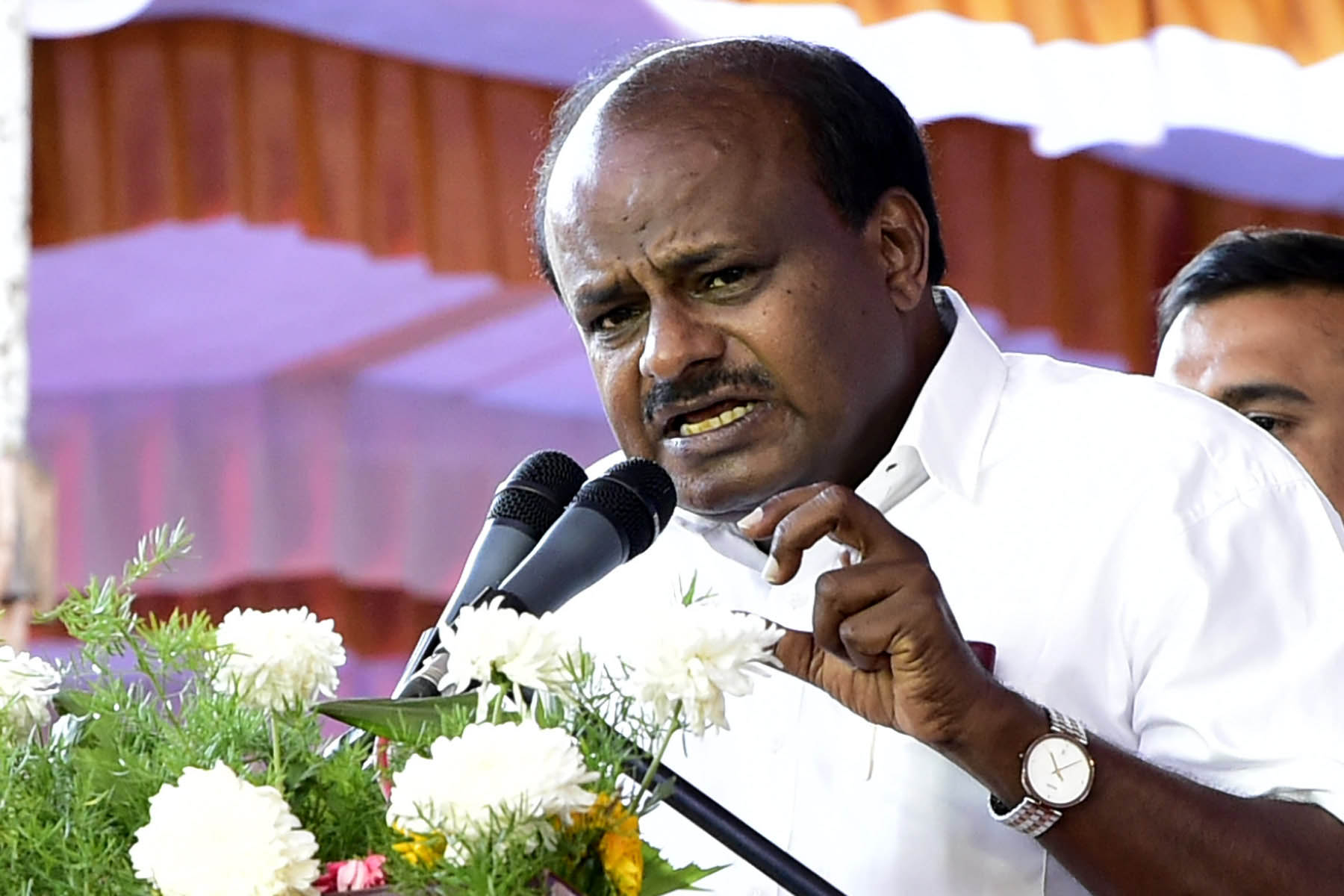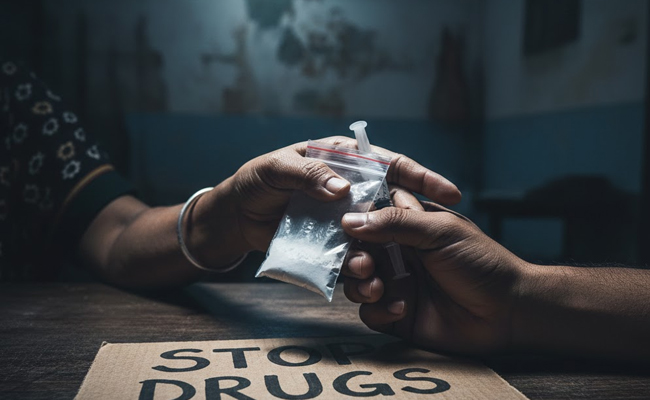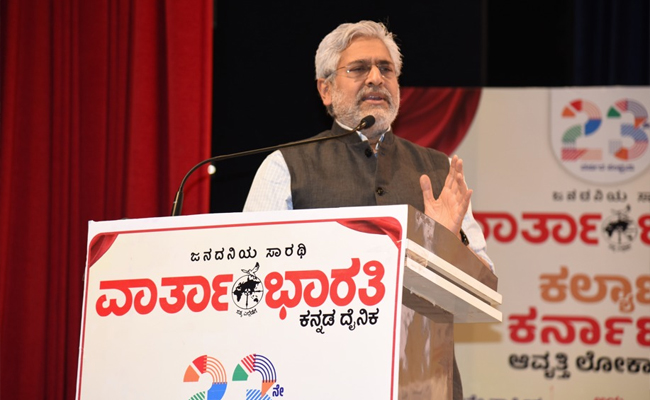Ramanagara (K'taka), Dec 17: JD(S) leader H D Kumaraswamy, who had earlier said that his son won't contest the 2023 Karnataka assembly polls, on Saturday indicated the possibility of him fighting the election, stating that party workers will decide whether Anitha or Nikhil Kumaraswamy should be the candidate from here.
Anitha, who is the wife of H D Kumaraswamy, currently represents Ramanagara assembly segment as MLA.
"Ramanagara is the place which gave me political birth, people here have nurtured me, and so the people and party workers here will decide whom to nurture further in this constituency, I will bow my head to their decision," Kumaraswamy said.
Speaking to reporters here, the former chief minister said, "There is no confusion. People, officials and party workers have good opinions about Anitha Kumaraswamy. They say she has done a good job. Ultimately, the workers will decide whether Anitha Kumaraswamy should contest or Nikhil Kumaraswamy should contest, I leave it to their decision."
Kumaraswamy, earlier in July, had said that his son and party youth wing president Nikhil will not be contesting the assembly polls, noting that the 32-year-old actor-turned politician, who is the grandson of former prime minister H D Deve Gowda, will instead work towards the party's victory in number of other constituencies.
It was said that Nikhil was more interested in fighting and winning the next Lok Sabha polls from Mandya.
Nikhil lost the 2019 Lok Sabha election from the party bastion of Mandya to BJP-backed independent candidate Sumalatha Ambareesh, an actor-turned politician. JD(S) had fought the previous Lok Sabha polls in alliance with the Congress, as both parties then ran a coalition government, with Kumaraswamy as the Chief Minister.
JD(S) often faces criticism for "dynasty politics", with it even being called a "family party", as at least eight members from party patriarch Deve Gowda's immediate family are into politics.
The opposition party aims to independently form a government this time, and has set a target of winning 123 out of a total 224 seats in the upcoming assembly polls.
Let the Truth be known. If you read VB and like VB, please be a VB Supporter and Help us deliver the Truth to one and all.
Srinagar (PTI): Property worth Rs 1 crore belonging to a notorious drug peddler was on Saturday attached in Jammu and Kashmir's Srinagar, police said.
A double-storey house on eight marlas of land situated at Wantpora Eidgah, belonging to Basit Bilal Dar, a notorious drug peddler, valued at approximately Rs 1 crore, a police spokesperson said.
He said Dar is involved in two cases registered under various sections of the NDPS Act.
During investigation, it was established that the accused had acquired the said property through illicit proceeds generated from drug trafficking activities, the spokesperson said.
Consequently, the property was attached under the provisions of the NDPS Act. The attachment proceedings were conducted in the presence of the two independent witnesses, strictly in accordance with the prescribed legal procedures, he said.
As per the attachment order, the owner has been restrained from selling, leasing, transferring, altering, or creating any third-party interest in the property till further orders, the spokesperson added.





